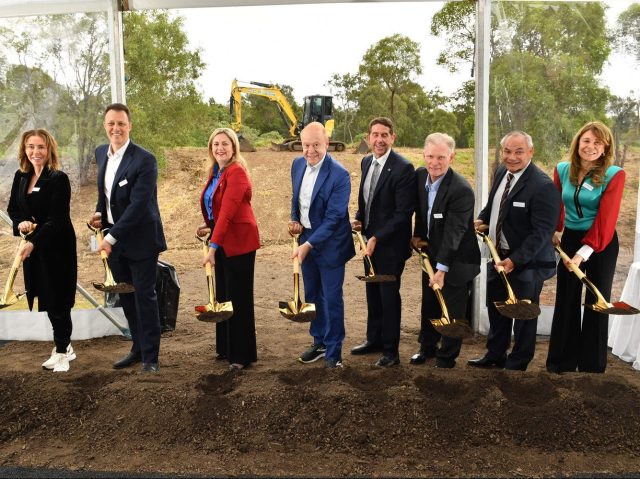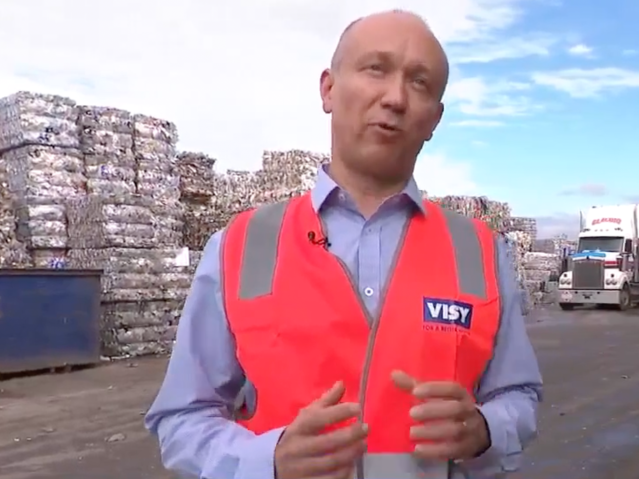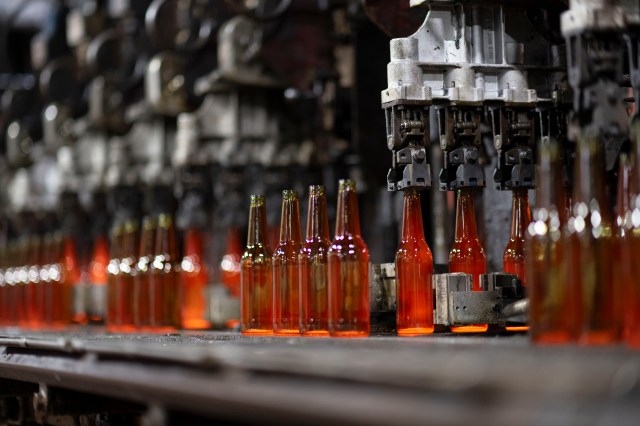
Visy has announced it is manufacturing a more sustainable beverage can, locally at its site in Yatala, Queensland, which packs an average of 83 per cent recycled content.
The beverage can has been developed in partnership with brewer Stone & Wood, aluminium coil supplier Novelis, and mining conglomerate Rio Tinto.
Together, the four companies have made this beverage can more sustainable with:
- Supply of low-carbon primary aluminium made from Rio Tinto’s Bell Bay aluminium smelter, located in Tasmania
- Novelis making the aluminium coil using low carbon primary aluminium and recycled aluminium, some of which is collected by Visy from kerbside recycling and container deposit schemes
- Manufacturing the beverage can locally, at Visy’s site in Yatala, Queensland.
- Stone and Wood, sourcing its materials locally and operating as an accredited carbon neutral brewery.
The project is expected to run for 18 months, and the beverage can is made using aluminium coil that contains high proportions of recycled content as well as low carbon virgin (primary aluminium) material.
These cans contain nearly a quarter more recycled aluminium than the Australian average, according to Visy circular economy and sustainability general manager Kate Baker.
“By packing this can with recycled content, we’re conserving resources and keeping more waste out of landfill. Even better, these cans are easily recycled after use so you can enjoy your beer while contributing to a circular economy,” she said.
“We’ve partnered with three other businesses to develop and manufacture this beverage can. It’s a terrific example of what we can achieve when working on innovative solutions with our suppliers, and our food and beverage customers.
“We continuously work with all our customers to look at ways to increase recycled content in their packaging and this more sustainable beverage can has set a new benchmark for sustainability.”
Lion sustainability director Justin Merrell said sustainability is at the heart of its partnership with Visy.
“We are grateful to work with a supplier aligned to our ambitious decarbonisation pathway that understands the importance of collaboration to make an impact. The estimated 59 per cent carbon emission reduction achieved with this packaging is a great proof point for a strong circular economy and trusted partnerships,” Merrell said.
These companies are also calling for greater transparency of where materials come from and how they are made throughout the entire supply chain.


